1. Can you provide an overview of the key legal considerations that startups should keep in mind when establishing their business, especially in terms of selecting the right legal structure and ensuring compliance with relevant regulations?
RW: The key legal considerations that startups should keep in mind when establishing their business are as follows:
Thank you for reading this post, don't forget to subscribe!- Equity: A significant number of early-stage startups fail or experience substantial headwinds due to co-founders falling out. From this perspective, it is important to set out clear vesting terms and map out potential co-founder exit solutions if things don’t pan out between co-founders. In a worst-case scenario, the company is stalled from progressing because the co-founders face a deadlock situation and the only way to trigger a co-founder buy-out is to file a winding up application.
- Terms of Investment: Most early-stage investors invest in startups with a view of helping them succeed – after all, the investor will benefit handsomely if a startup achieves a successful exit. That said, there are few instances where investors roadblock the startup’s growth journey – either insisting on draconian terms that inhibit the startup from moving to the next round or requesting for unreasonable reporting requirements where the startup spends most of its time putting together monthly reports instead of focusing on growth. From this perspective, it may be useful for startup founders to understand what they are signing, before signing investment related documents.
- Sweat Equity: Equity is cheap until it is not so cheap anymore. In the early stages, some founders may give up equity a bit too freely and easily until they realise the importance of a shareholders’ agreement or an ESOP- that ought to have governed these shares. From this perspective, it may be important to have a firm understanding of the implications of issuing shares, before shares are issued or transferred to any person.
Depending on the industry in which the startup operates in, regulatory and compliance measures could play a key role. For example, a startup operating in the payment gateway space will have had to implement robust compliance measures to keep up with the fin-tech regulations.
2. What are the advantages and disadvantages of different legal structures commonly used by startups, such as LLCs, C-Corps, and S-Corps? How should startups decide which structure is best suited for their business goals?
RW: In Singapore, the most popular legal structure adopted by startups is the private company limited by shares. More information on what is needed to set up a private company limited by shares can be found via the video here: https://www.youtube.com/watch?v=4pT089Q1J3I.
There are (less common) instances where startups deviate from this:
- A sole proprietorship may be adopted in the initial stages as it has the lowest cost of maintenance. However, this may not be sustainable as the business grows and develops, both from a legal and tax perspective. The key advantage of setting a separate company is because of the doctrine of separate legal personalities – i.e., the law sees the company as a separate ‘person’ from the individual founder. For example, if the company enters into liquidation, short of any fraudulent wrongdoing by the founder, the founder’s personal assets should not be affected. These safeguards will not be available to the founder, if the founder adopts the sole proprietorship model. More importantly, it will be difficult for the founder to fundraise using this legal structure.
- A company limited by guarantee (CLG) or the limited liability partnership (LLG) may be adopted by certain startups established in the arts and entertainment space, for reasons specific to the arts and entertainment industry. For example, the CLG model is a common precursor to becoming a charity sometimes. However, these legal structures are typically not ideal for startups looking to fundraise from traditional venture capital (VC)-s and private equity (PE)-s funds.
Ultimately, the optimal legal structure is driven by commercial and business considerations.
3. Intellectual property (IP) protection is crucial for startups. What steps should early-stage startups take to safeguard their IP, including patents, trademarks, copyrights, and trade secrets?
RW: I would break IP-protection down into 2 folds: (a) basic IP protection; and (b) advanced IP protection.
On a basic level, where possible, a startup should ensure that the contractors, partners and employees that deal with confidential or proprietary information sign the appropriate documents, such as: (i) a non-disclosure agreement; (ii) IP assignment deeds; and (iii) confidentiality provisions. Where necessary, a non-compete or non-solicit arrangement may have to be entered into, particularly with C-suite members or partners that deal with highly secretive trade secrets. The startup will also have to reserve the domain name(s) since web presence is critical to a startup’s business in modern times.
On an advanced level, a startup should consider registering IP that is registrable in the relevant jurisdictions, to protect its IP. Trademark and word mark registration will be important. Going beyond this, will depend on the type of business that startup is in, and the places where such a startup operates in. For example, if a startup’s business is largely reliant on the design of a particular feature, it may wish to register a patent in respect of it. That said, it is unlikely that a startup finds perfect product-market fit within the first few iterations of its product roadmap. This being the case, it may financially more prudent for some startups to hold off investing heavily on such registrations until it sees a clear traction in respect of the same.
In the US shark tank series, we often hear the shark asking if the IP in relation to a particular product has been registered. This will be important in some jurisdictions where: (i) intellectual property rights are well protected and easily enforced; and (ii) the barrier to entry in respect of producing such a product is low i.e., a design is easily replicable – and the legal stratosphere in respect of the foregoing does vary from country to country.
4. Funding is a critical aspect of startup growth. Could you outline the legal aspects of raising capital through methods like angel investment, venture capital, and crowdfunding? What should startups do to ensure they are in compliance with securities regulations?
RW: Securities regulation will differ from country to country. The easiest way to hack the securities regulation code without paying too much money, is to consult other startup founders in your state / country and track a similar path. You can’t fall too far off the bandwagon if another 100+ startup founders are trekking the same path.
Singapore has evolved over the years in terms of startup funding. The most traditional form of startup funding came either in the form of: (a) a convertible loan note; or (b) a straight-up share subscription agreement. This is still the go-to instrument for more traditional SME-type investments and investors.
In recent years, other instruments – particularly, the simple agreement for future equity (SAFE) popularised by Y combinator has become more widely accepted in Singapore (check it out here: https://www.youtube.com/watch?v=tFtxd3zGbv0). The VIMA working committee has also released its own version of a CARE document. These convertible instruments, due to their ease of use, have become the popular go-to instrument for startup fundraising in Singapore.
If the startup successfully enters into a priced round, these convertible instruments will have to be converted at a priced round and shares will have to be issued to investors. We’ve seen a couple of hiccups at the conversion stage – e.g., (a) SAFE investors disagreeing on the terms of the shareholders agreement; (b) parties disagreeing on the share cap table and conversion terms; (c) SAFE investors asking to be bought out instead; or (d) a co-founder leaving abruptly prior to your priced round resulting in massive cap table disruptions.
So, it’s less securities regulation that I’d be worried about as a startup founder – and more of, ensuring that I get the investment and equity documentation right.
5. Startups often engage in partnerships, collaborations, and contracts. What legal precautions should startups take when entering into agreements with co-founders, employees, investors, and third-party vendors?
RW: I would break the contracts into 2 types: (a) internal documents; and (b) external documents.
On internal documents, that will refer to documents signed with internal stakeholders – such as your co-founder, employee, or investors.
- Co-Founder: The co-founder agreement will be something you’d like to staple down in the early days to align on expectations and reduce the chance of a dispute turning ugly. This is particularly important since it is likely that all founders are issued shares from day 0 – and if things turn nasty, the company may face a deadlock situation if both co-founders hold a 50% stake, and both sit on the board of the startup.
- Employees: Most startups start off by hiring a bunch of interns for the first 2-3 years. It may be helpful to nail down a decent employment / internship agreement to beef up your startup’s protection, and to avoid rude surprises if one of your ex-employees starts a company that has a similar business model to yours. Do expect a high turnover rate as burnout is common among startups.
- Investors: The documentation with investors will track the fundraising route adopted by the startup. The unique documentation often adopted by startups is the investor-adviser agreement: in these instances, you’d want to ensure that the investor that is awarded advisory shares is marked to an agreement that sets out clear vesting terms. This will avoid a potentially nasty argument between your investor and the founder where the investor feels that he has been ‘cheated’ of shares; whilst the founder feels that the investor does not deserve the advisory shares since the investor had not contributed much advice during that period of time.
On external documents, that will refer to documents entered into with third party vendors. The specific legal precautions will vary on a case-by-case basis – but in a broad brush, here are some things startups may wish to be aware of:
- Termination: It may be important to understand the grounds for you or your counter-party to terminate an agreement prematurely, so that you understand your startup’s ability to get out of a bad deal and/or the security of your vertical supply chain. For example, if the startup signs a 2-year contract with a key vendor, that states that the vendor can terminate the contract at any time with 2-weeks’ notice, this could essentially mean that this is not a 2-year contract, but rather one that can be terminated at any time within 2 weeks.
- Scope of Liability: It may be prudent to limit the scope of your startup’s liability (as well as the founder’s personal liability). For example, during the recent startup winter season, some startup founders faced the possibility of personal bankruptcy as they signed terms where they personally guaranteed the performance of certain financial covenants. From this perspective, it may be prudent to understand the scope of liability and to delimit it sensibly.
- Limitation of Liability: It may be prudent to place financial and time cap-s on liability exposure. This could, for example, take in the form of limiting your startup’s maximum liability to exposure to S$1,000 in any instance.

